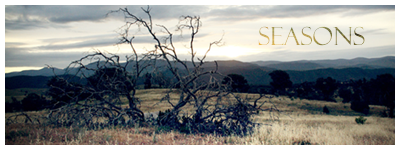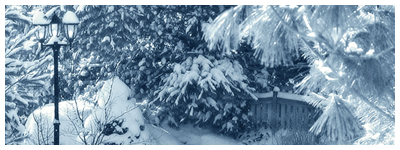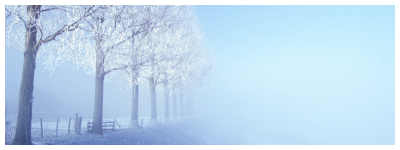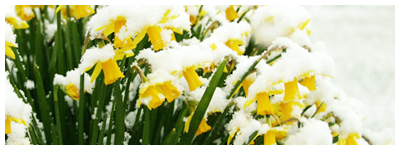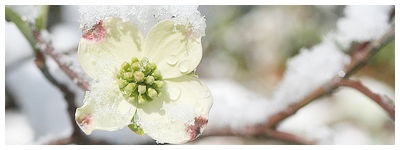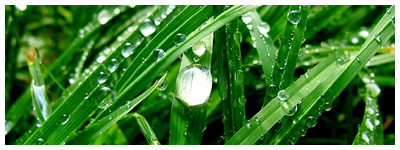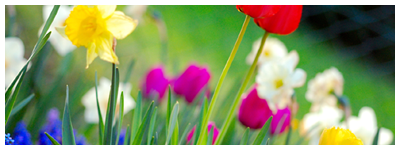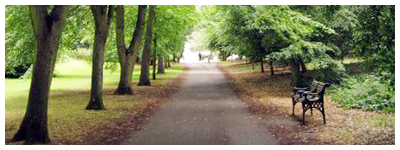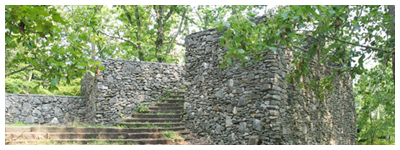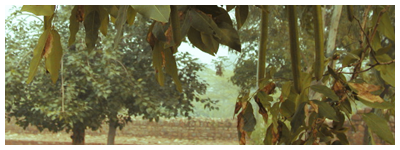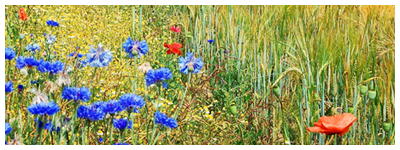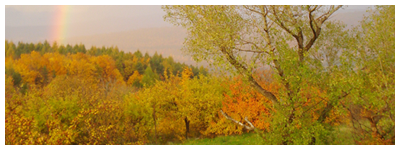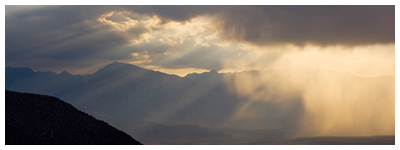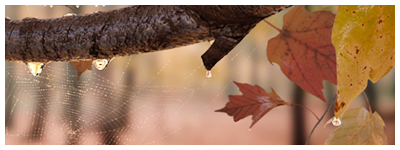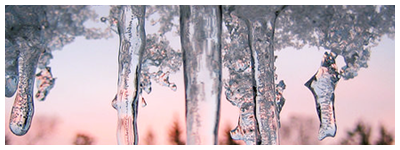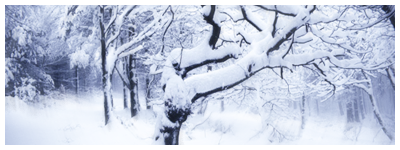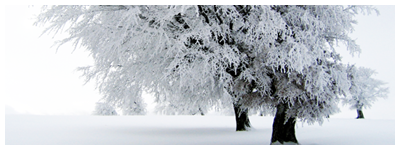Ron Weasley
icklekins
[M:0:0:0:]
constant sorrow
Posts: 191
|
Post by Ron Weasley on Apr 28, 2008 17:33:22 GMT -5
Images by Hannah, Descriptions by Natty.


January is colder than December, around 6 degrees a day, but just as snowy and dark. A cold front coming from south-west may have an impact on precise predictions of temperature but only negatively. Smaller tornados are expected to rage the western coast of whole Britain but are not strong enough to make it to mainland. This cannot be said about blizzards though that will affect the whole island. The cloud cover will remain intense with small chance for sunny breaks.

There will still be a lot of snow in February with very small chance of clearing. Occasionally a rise of temperature from steady 6 degrees to 7 in whole of Britain while Northern Britain, roughly around Orkney Island and the Highlands of Scotland, might experience hasty changing temperatures. Gusty winds in mainland and squall near the coasts. At open sea the waves are very rough, approx around 4-6 meters.

Spring has arrived, melting away all the snow with its 8-9 degrees and clearing the clouded sky. The month will be relatively dry only interrupted by few drizzles. Expect average chilly but sunny spring days and local periods of slight wind in west.

Spring keeps getting warmer as we move into the month of April. Here the temperature will be approx. 11 to 12 degrees at clear skies. Generally, the days will be longer and lighter with a little to no rain. Scotland and Wales may experience a cold front from the west but it will clear quickly.

In May the temperature reaches noticeably 14-15 degrees at daytime, making May even hotter than the last five years. At night, the temperature will drop to around the average 12-13 with hints of clouds. But generally a lot of sunshine on mainland and clear blue skies. Brief drizzles expected near the coasts around England and they may influence Scotland to same amount of rain.

Buy some sun lotion, dig out your sunglasses 'cause we are now entering the first month of summer; June! Central England temperature around 18 C while Scotland and Wales are a notch lower. Average rainfall for Southeast and Midlands is at 54mm for the month. There will be clear skies and long sunny days; good conditions for outdoor activities.

July is very sunny and hot; a good month for sunbathing and outdoor activities. Watch out on midday though; the sun will be very strong and large amounts of sun lotion is suggsted along with plenty of water to avoid dehydration. Temperatures at 19-20; dry days and clear skies. One of the hottest summers in UK in many years.

The end of summer is drawing nearer but the temperatures are going opposite; 20-21 degrees, still sunny days without clouds or drizzles. From south, warm fonts will draw across UK, drying out the landscapes. The only time of lower warmth is at late night where cold breezes appear.

Summer is done and autumn has begun. It will still be a warm month as a follower of august with top 18 to 19 degrees a day while 17 at night. Around this period there also occurs mist in northern part of Britain, near coast, and a bit chiller winds. Still, one of the hottest Septembers in a long time.

Britain has now entered the cool month of October with its low degrees and unpredictable weather changes. Approx expected 12 degrees in the Scottish area and relatively dry though affected by cloudy periods. Forecasted drizzles and in worst case thunderstorms from north will move on to southern Scotland.
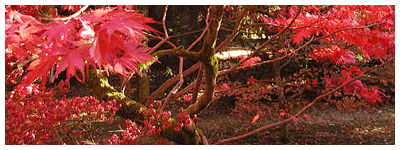

November is prolonging weathered by October. Around 11-12 degrees on mainland but significantly lower temperature near the shores. There is expected few light showers around England but heavy ones in Scotland and Wales. Scotland may also expect moderate hail in periods lasting around a few minutes. The winds will be gust all over Britain, and mist scattered over areas of low land spaces.

Christmas will be white and wet; it will rain and snow throughout whole December, leaving only few dry hours a day. Especially Wales and Scotland will experience the massive snow and frost. The days are shorter and darker, sun setting at early afternoon. The average temperature is at 6-7 degrees but falls to 4-5 at night. Clouds are increasing over the whole of Britain. The winds will be gale around the Scottish northern coast and it can be dangerous due to the high waves and dense streaks of foam.
|
|

